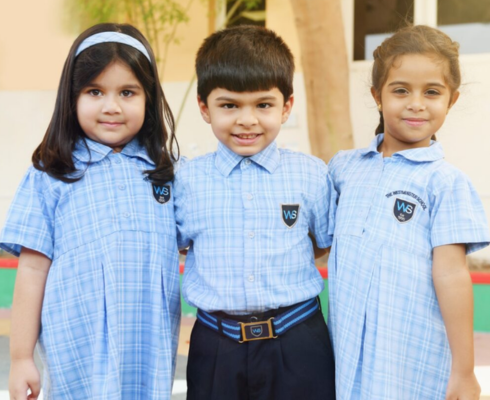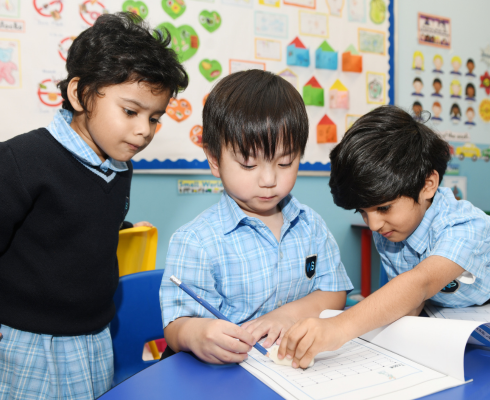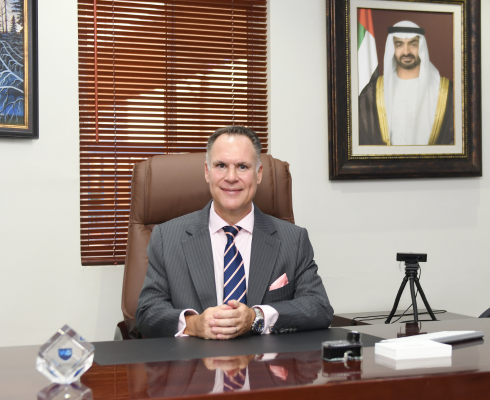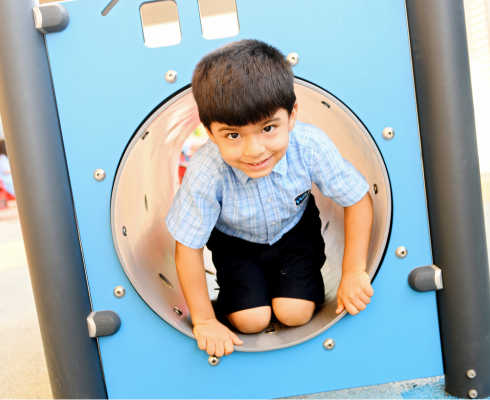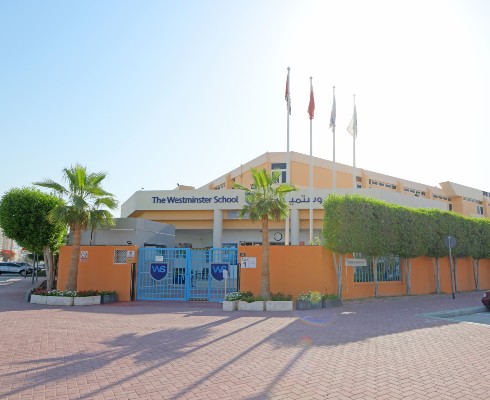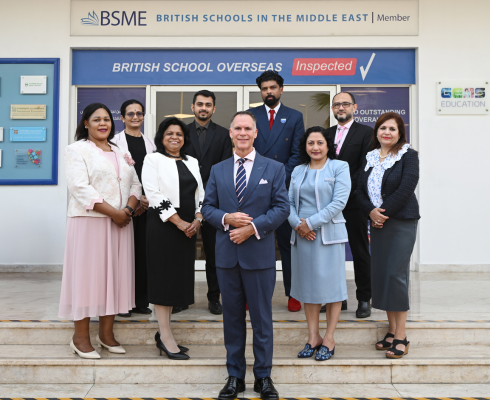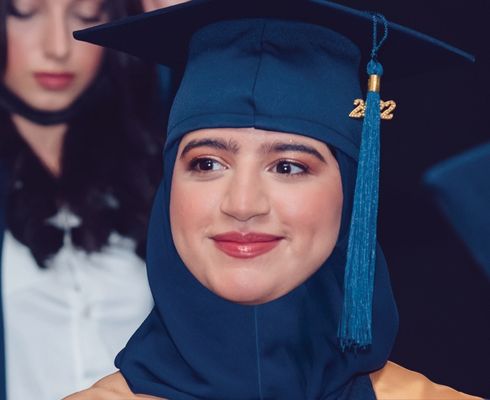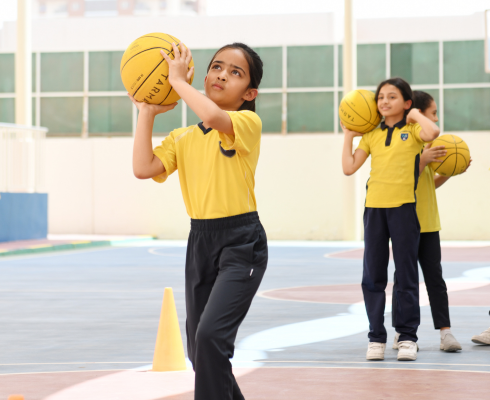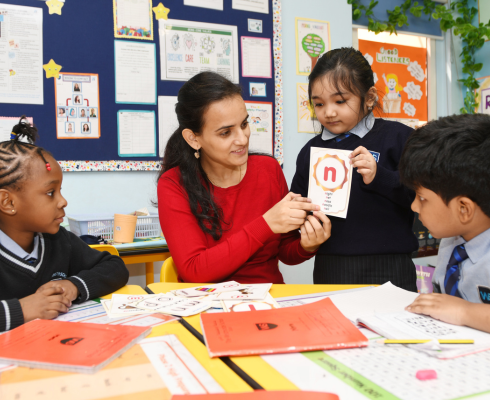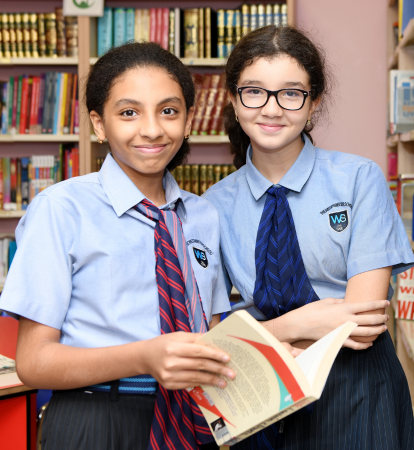
The Westminster School and UAE
The UAE has a clear vision set out in the National Agenda with targets set for 2021 as the Nation celebrates its 50th year. Below is our progress towards these targets:
National Agenda Parameters
In line with the UAE National Agenda Parameters, the school participates in all the National and International Benchmark assessments, as below:
PISA 2022 reports indicate that our 15-year-old students performed well, scoring above the PISA average.
PIRLS 2021 and TIMSS 2023 – results show that our students performed significantly above the PIRLS and TIMSS average, achieving the High International Benchmark standard.
GL Cognitive Aptitude Tests (CAT4) are conducted at the start of the academic year, for all students of Years 4, 6, 7, 8, 10 and all new students of Years 5 and 9.
GL Progress Tests in English/Mathematics/Science (PTs) are conducted in May and June, for all students of Years 2 to 10.
New Group Reading Test (NGRT) are standardised, adaptive, termly assessments to measure reading skills of all students from Years 2 to 10 which is conducted in October, January and May.
Arabic Benchmark Test (ABT) is a standardised assessment conducted for Arabic A and Arabic B students from years 4 to 10.
Performance of the students at TWS has consistently improved over the years.
Emirati Students
In line with the National Agenda, personalized data and analysis for all our Emiratis students is undertaken in TWS. We have a strategic Emirati Improvement Plan to monitor and review all educational aspects for our Emirati students with the focus on Governance and Leadership, Learning and the Effectiveness of Intervention and Personalization.
Moral Education
TWS is compliant with the MOE, KHDA required curriculum standard, and its implementation of the four pillars into a curriculum: character and morality, individual and the community, cultural studies, civic studies is meeting expectations.
- The Primary school from Years 1 to 6 has one 50 minutes of Moral Education lesson weekly.
- Secondary school from Years 7 to 13 has two 25 minutes of lessons weekly.
Moral Education is also integrated into lessons of different subjects across the school from Year 1 to 13.
Moral Education curriculum framework and textbooks are used effectively to teach the students.
UAE Social Studies
TWS is compliant with the MOE, KHDA required curriculum standard. The implementation of UAE Social Studies programme is well prepared with Social Studies Leaders, embedded curricula, assessment and timetable allocation and meeting expectations.
- The Lower Primary school from Years 1 to 3 has two 50 minutes lessons weekly,
- Years 4 to 6 have three 50 minutes lesson weekly and Year 7 and 8 has two 50 minutes lessons weekly.
- From Years 9 to 13, Social Studies is integrated into lessons of different subjects.
From Year 1 to 9, the Social Studies curriculum framework and textbooks are used effectively to teach the students.
Inclusion and SEND
At TWS, we are in line with the Federal Law 29 (2006) and Law no 2 (2014) regarding the education and outcomes of individuals with Special Educational Needs and Disabilities. “At its heart, inclusive education is a provision that is committed to educating all students, including students identified as experiencing special educational needs and disabilities (SEND) in a common learning environment. In such settings, all students have access to quality instruction, intervention and support, so that they experience success in learning.
In line with the Dubai Inclusive Education Policy Framework, all members of the school community are expected and encouraged to adopt behaviours which support the school’s inclusive ethos. This is promoted through a strategic action plan involving all stakeholders, (Inclusion Governor, Senior Leadership Team, Head of Inclusion, teachers and parents)
The Development of Innovation
Innovation is a key element of the school’s vision and mission and is being put into practice by supporting students to participate in many school, local and regional competitions. The curriculum has provisions with models of innovative practice for students, along with opportunities to apply learning technologies in creative ways. GEMS Education has a dedicated Innovation Department and The Westminster School works closely with them through the Chair of the Local Advisory Board.
Reading and Literacy
The National Agenda focuses on reading in Arabic, English, Mathematics and Science skills that are looked for are inference, interpretation and integration of information. Our libraries play an integral part in shaping and encouraging these skills outside of the classrooms with engaging projects. The school also promotes a positive culture of reading literacy, and through occasional events and activities, seeks to boost students' motivation and instilling the fundamental love of reading to all our students.
Click below to view International Benchmark Assessments Reports
-
PIRLS 2021
-
PISA 2022
-
TIMSS 2023

